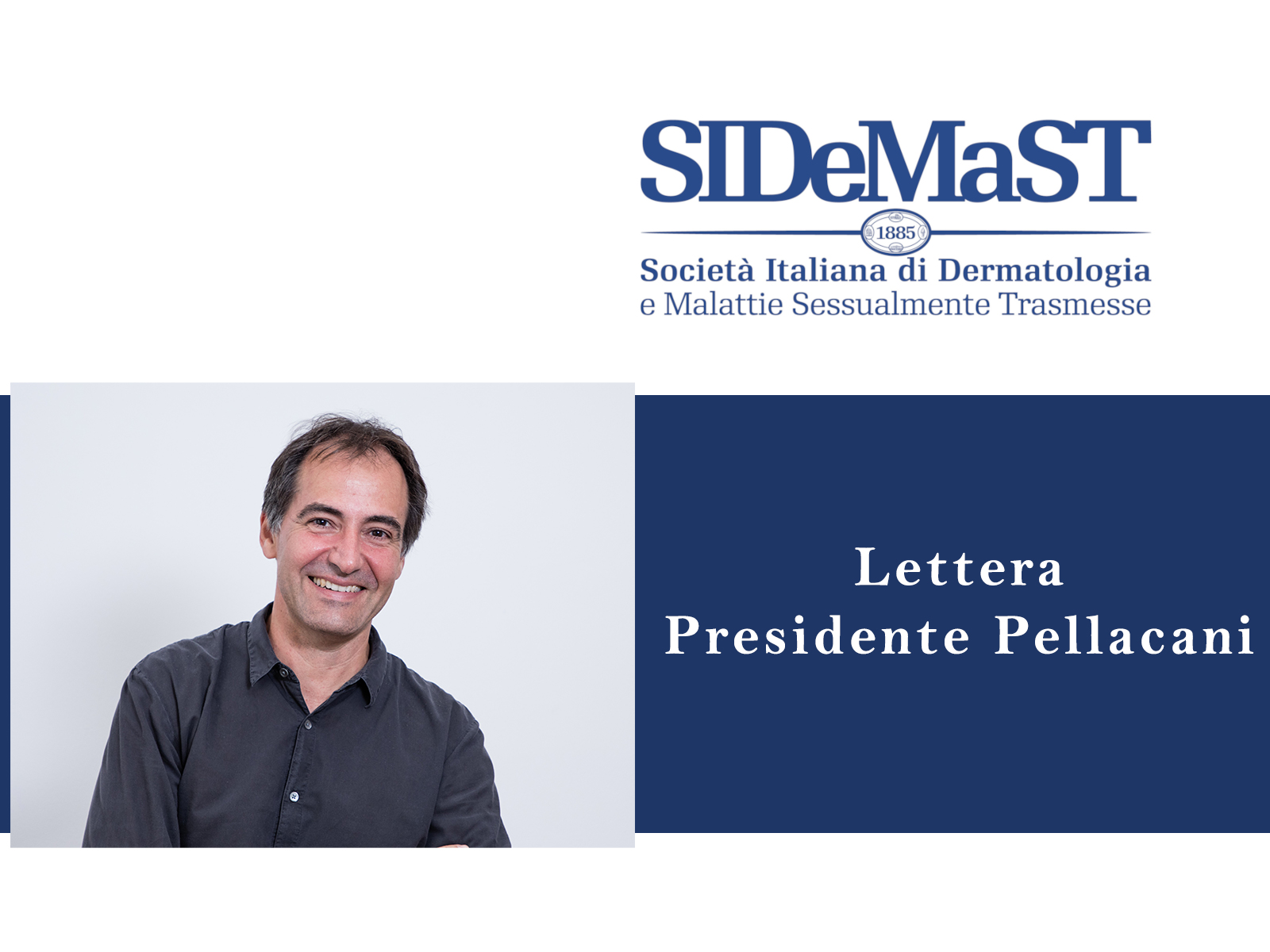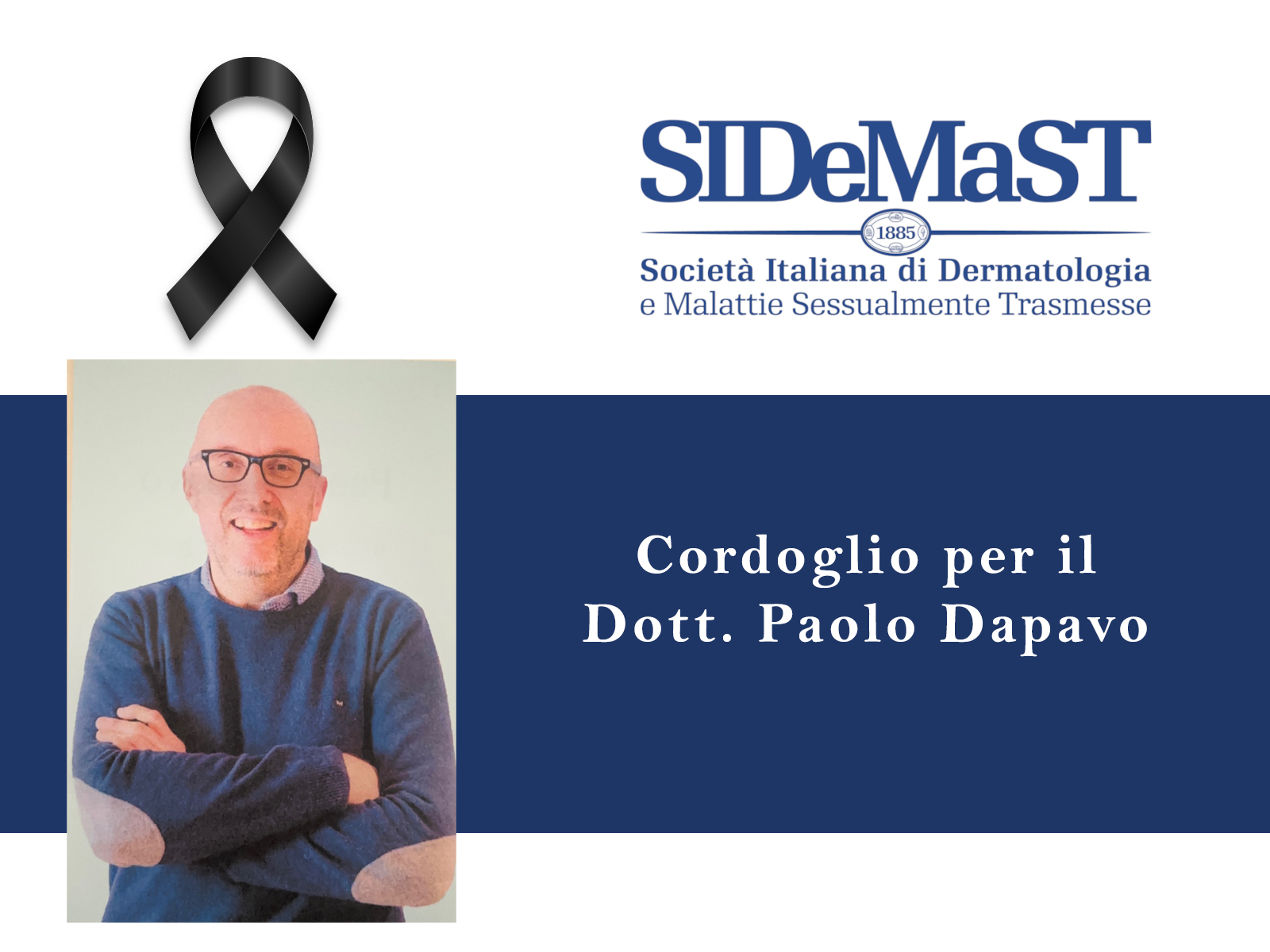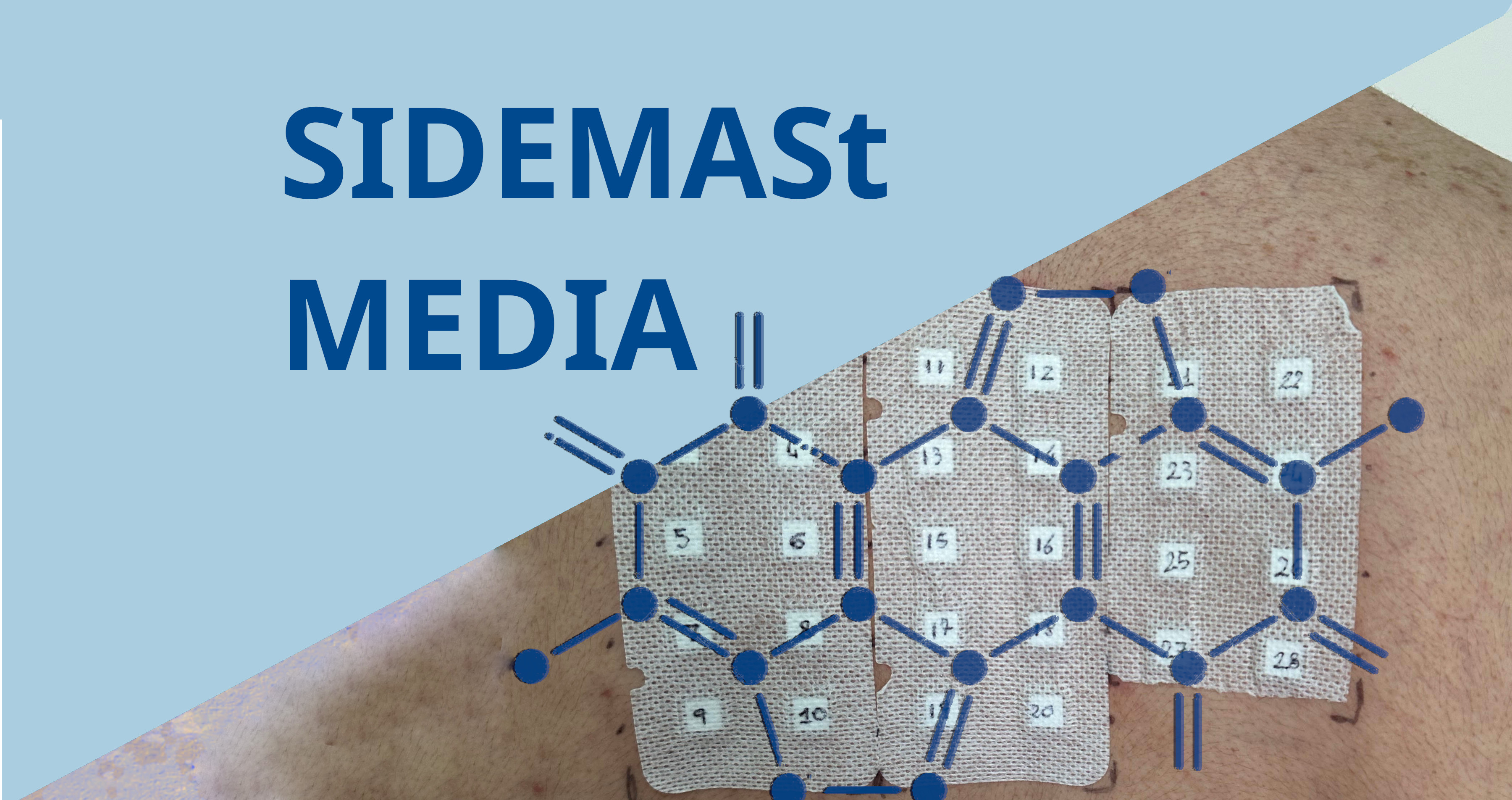The US Food and Drug Administration (FDA) approved sonidegib (Odomzo) to treat patients with locally advanced basal cell carcinoma that has recurred following surgery or radiation therapy, or who are not candidates for surgery or radiation therapy.
Skin cancer is the most common cancer and basal cell carcinoma accounts for approximately 80% of non-melanoma skin cancers. According to the National Cancer Institute, the number of new cases of non-melanoma skin cancer appears to be increasing every year.
Sonidegib is a pill taken once a day. It works by inhibiting the Hedgehog pathway, which is active in basal cell cancers. By suppressing this pathway, sonidegib may stop or reduce the growth of cancerous lesions.
"Our increasing understanding of molecular pathways involved in cancer has led to approvals of many oncology drugs in difficult-to-treat diseases for which few therapeutic options previously existed," said Richard Pazdur, MD, Office of Hematology and Oncology Products, Center for Drug Evaluation and Research, Rockville, Maryland. "Thanks to a better understanding of the Hedgehog pathway, the FDA has now approved 2 drugs for the treatment of basal cell carcinoma just in the last 3 years."
Sonidegib carries a Boxed Warning alerting healthcare professionals that sonidegib may cause death or severe birth defects in a developing fetus when administered to a pregnant woman. Pregnancy status should be verified prior to the start of sonidegib treatment, and both male and female patients should be warned about these risks and advised to use effective contraception.
The efficacy of sonidegib was established in a multi-centre, double-blind clinical trial, in which 66 patients with locally advanced basal cell carcinoma were randomly assigned to receive sonidegib 200 mg daily and 128 patients were assigned to receive sonidegib 800 mg daily. The study's primary endpoint was objective response rate, which is the percentage of patients who experienced partial shrinkage or complete disappearance of their tumour(s). Results showed that 58% of patients treated with sonidegib 200 mg had their tumours shrink or disappear. This effect lasted at least 1.9 to 18.6 months, and approximately half of the responding patients' tumour shrinkage lasted 6 months or longer. Response rates were similar in patients who received sonidegib 800 mg daily, however side effects were more common at this dose.
At a dose of 200 mg daily, the most common side effects of sonidegib were muscle spasms, alopecia, dysgeusia, fatigue, nausea, musculoskeletal pain, diarrhoea, decreased weight, decreased appetite, myalgia, abdominal pain, headache, pain, vomiting and pruritus. Sonidegib also has the potential to cause serious musculoskeletal-related side effects, including increased serum creatine kinase levels (with rare reports of rhabdomyolysis), muscle spasms, and myalgia.








